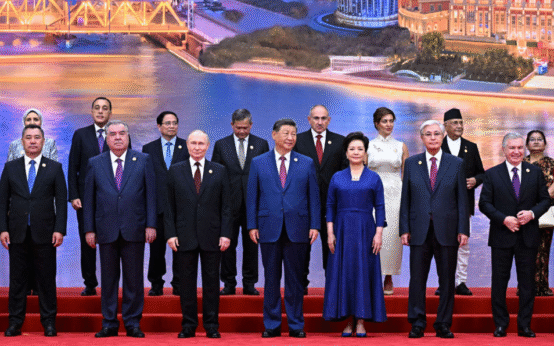Chinese leaders have started talking about a word that has become very popular in public debate: involution. In simple terms, involution means working harder and producing more, but not gaining much in return. In the economy, it often shows up as companies cutting prices again and again to beat their rivals. At first, this might sound good for consumers, but in the long run, it hurts the whole system. Businesses earn less money, workers face more pressure, and industries fall into a loop where nobody truly benefits.
Why the low-price trap is a big problem for China’s industries
The problem with the low-price trap is that it looks like growth but is actually unhealthy. when dozens of electric car makers compete mainly by giving big discounts, the market gets flooded with cheap vehicles. But companies earn almost nothing, and many smaller firms are forced to close. The same problem exists in solar energy, where overproduction has made prices crash.

This type of growth does not encourage new ideas or better technology. Instead of focusing on research, design, or brand building, firms fight for survival by selling at the lowest cost possible. This weakens China’s long-term global competitiveness.
What the Chinese government is doing with the anti-involution campaign
To deal with the growing problem of unhealthy competition, Beijing has introduced what it calls the anti involution campaign. The main purpose of this campaign is to reduce harmful practices that weaken industries, such as extreme price wars, and instead create an environment where companies focus on quality, innovation, and fair pricing.
The idea is not to end competition completely competition is still important for progress—but to guide it in a healthier direction where businesses can grow sustainably and contribute more positively to the national economy.
As part of this effort, the government has been rolling out policies that encourage firms to slow down aggressive discount strategies, merge with stronger and more stable companies, and reduce unnecessary production capacity.
How anti-involution policies affect major industries like solar, steel, and EVs
The solar industry is a good example. China makes most of the world’s solar panels, but the problem of oversupply pushed prices so low that many firms were struggling. Now, with government direction, the focus is shifting to energy efficiency and new designs, instead of only making more panels.

In steel, the story is similar. China produces more steel than any other country, but not all of it is needed. By reducing extra production, the government hopes to stabilize prices and give stronger companies space to innovate.
The electric vehicle market is perhaps the most visible case. At one point, EV companies were cutting prices so aggressively that cars were sold at little or no profit. Now, firms like BYD, NIO, and SAIC are being pushed to stand out through advanced features and better technology rather than discounts.
Why this campaign matters for the future of China’s economy
The anti-involution campaign is not just about fixing current problems it is about reshaping China’s long-term growth. Leaders want the country to move away from the model of produce more at lower cost” and move toward a system where success is based on quality, creativity, and innovation.
If the campaign succeeds, Chinese firms will have stronger brands, better technology, and more stable profits. This would also help workers, since companies that earn more can pay better wages and reduce pressure on employees. It would also reduce the risk of constant deflation, where prices keep falling and hurt the overall economy. Challenges that make anti-involution difficult to achieve.


 Huawei and DeepSeek Assists China Break Reliance on U.S. Chips
Huawei and DeepSeek Assists China Break Reliance on U.S. Chips  Kim Jong Un Expresses Gratitude to North Korea–China Ties
Kim Jong Un Expresses Gratitude to North Korea–China Ties  China’s moment to rewire the world is arriving. What will it do?
China’s moment to rewire the world is arriving. What will it do?  Russia and China join forces against the United States
Russia and China join forces against the United States  Pakistan and China Seal USD 4 Billion Agricultural MoUs
Pakistan and China Seal USD 4 Billion Agricultural MoUs  Pakistan to send 12+ trade delegations to China to boost exports
Pakistan to send 12+ trade delegations to China to boost exports